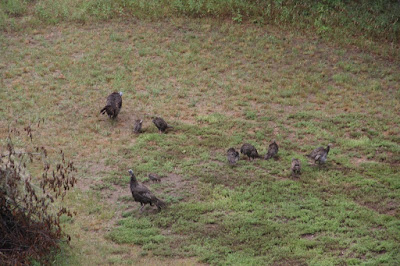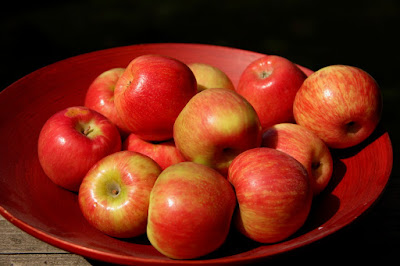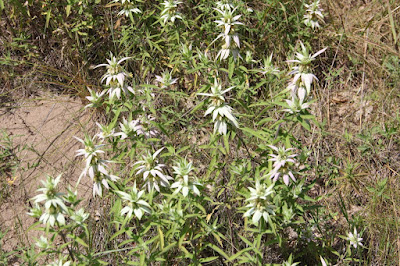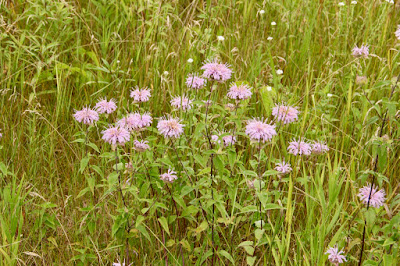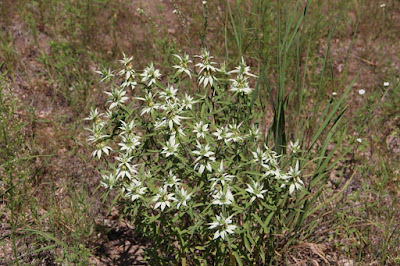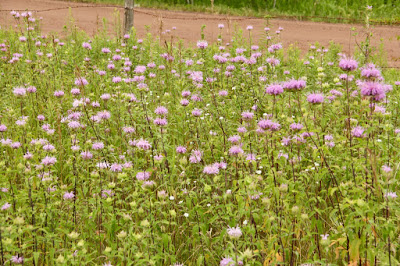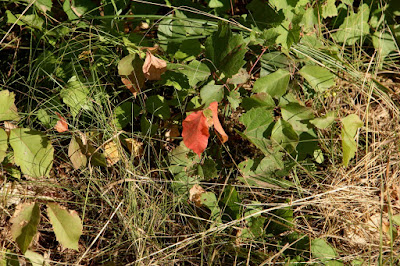July certainly has been an interesting month this year: record-setting heat waves, wide-spread drought, smoke-filled skies from hundreds of wildfires in Canada, and a third surge of the COVID-19 virus, Delta variant this time. Now that the Democrats are letting the federal eviction ban expire, the homeless population is likely to expand or we'll see a strange case of musical chairs, but, as I've read, landlords are hesitant to rent to those who've been evicted so I can't begin to guess how that may play out.
Is it possible that we've reached a point at which the new normal is that there is no normal, and won't be for some time? A dictionary definition if normal is "conforming to a type, standard, or regular pattern : characterized by that which is considered usual, typical, or routine." Do you foresee a near future in which we can characterize anything as usual, typical or routine? The "rock" is the need to transform our society and economy to become carbon-neutral within a generation or so. The "hard place" will be found as the consequence of not rapidly completing those transformations, plus the continuing disruptions to what was considered normal during the last millennium. We're caught between them. Some may think we are approaching the time of the rapture or the end of days. I'm wondering if genesis might not be a better model to consider.
Western "civilization" is being cast out of its paradise founded on fossil fuels, which supplied energy to do the work of moving and warming things between the time of feudalism and whatever comes after where we are. We may have initially responded to the discovery of how to use oil in a manner similar to that of animals no longer constrained by predators or food shortages. [See, e.g., Kaibab Deer Herd and table below]
World population milestones in billions (Worldometers estimates) Population 1 2 3 4 5 6 7 8 9 10 Year 1804 1927 1960 1974 1987 1999 2011 2023 2037 2057 Years elapsed — 123 33 14 13 12 12 12 14 20
The question now becomes, will we exhibit enough sense and cooperation and collaboration to structure a soft landing, or will we resolve our imbalances through a devastating crash. The choice is ours.
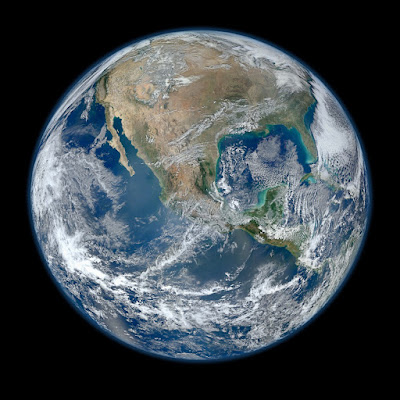 |
| Image Credit: NASA/NOAA/GSFC/Suomi NPP/VIIRS/Norman Kuring |
I'm old enough to remember Paul Ehrlich's Population Bomb. I found the approach and analysis in Limits to Growth to be more persuasive. In fact, "In 2020, analysis by Gaya Herrington (Sustainability and Dynamic System Analysis Lead at KPMG in the United States but in a personal capacity) found that current empirical data is broadly in line with the 1972 projections.[50][51]" Unfortunately, our "world leaders" seem more interested in contesting who's going to get to be the captain of our Titanic earth as it sinks, rather than checking the radar screen and the rearview mirror. As Yogi Berra has told us, "You've got to be very careful if you don't know where you are going, because you might not get there."
Olympic Drive
By Kyle Dargan
Los Angeles
Across from the gorgeous dog park,men dream against poodle-pissed trees —their pillows made from breath capturedin milk cartons. Only arid, temperateclimate offers respite. Let us supposethey have tales, here in this citywhere filmed stories turn a mint.All around, one wide screen — the dark hillsdue north pixel-pocked with villa lights.Below, streets hemmed with haggardbrown men — jack-in-the-box bodiesever unfolding. Who is pitchingthis script? Title: “The Child of 1968.”Voiceover: After the Integration Apocalypse,one man must find his way in a landwhere the sole survivors who look or speaklike him are those rendered disturbedand indigent. Assume the Motion PictureAssociation eager to levy a “Rated R,”then remember that those who judgeviolence never shared your definitionof savagery. A culling is all your eyesdecipher — your herd thinned. No urbanwildlife anywhere to be found,yet hunger for a hunt remains.Tagline: A hero must choose —between starving or bartering one’s ownskin. Plot: Amidst the solar famine, bio-electric studies revealed melanin’s subtlecharge — the brown population gonemad from being sapped like CopperTops.Imagine The Matrix without the extra-terrestrial machines. Imagine that among usthere have lived men churning statistics,devising a human harvest, a brutal methodto subsist off fellow men and leave their bonesfor the gnawing of next century’s mutts.
********************************************
Thanks for visiting. Come again when you can.
Please be kind to each other while you can.



